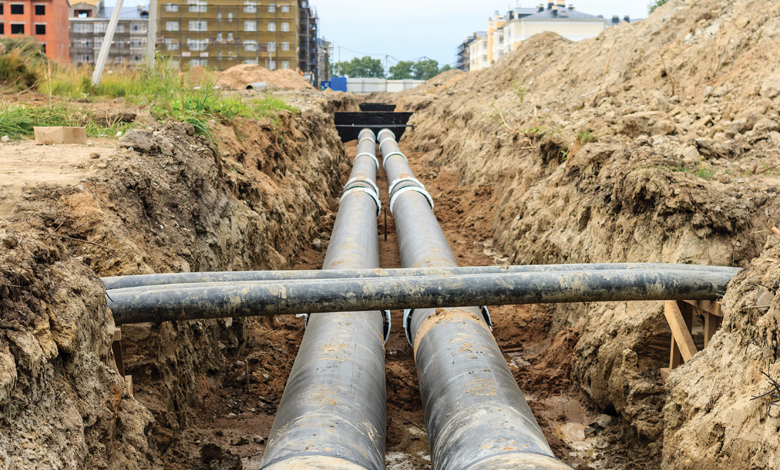New authority for heat network development

The development of a new heat network authority will provide national oversight for the development of district heating networks in Ireland, forthcoming legislation has proposed.
In October 2024, the then-government approved the General Scheme of the Heat (Networks and Miscellaneous Provisions) Bill 2024, the first standalone heat bill in the State’s history.
Included in the main provisions of the bill is the establishment of a Heat Network Authority, which the Government says “will provide a centralised approach to the strategic development of the district heating sector on a national basis”.
Interestingly, in line with the recommendation of the District Heating Steering Group 2023 report, the bill also makes provision for state ownership of district heating infrastructure in the longer term.
Currently, around 40 per cent of Ireland’s energy consumption is devoted to heating, and decarbonisation of this energy is central to the Government’s overarching decarbonisation targets. The Climate Action Plan targets 2.7 TWh of district heating by 2030, an ambition that will require an immediate scale up and acceleration of projects
The SEAI’s 2022 National Heat Study previously indicated that some 54 per cent of buildings are already suitable for district heating, while Dublin’s Energy Agency, Codema, estimates that approximately 80 per cent of heat demand in Dublin could be met by existing waste heat and renewable sources in the capital.
Although district heating is a proven and well-established technology used across Europe, largely fuelled by fossil fuels in the past, Ireland’s first district heating network was opened in Dublin’s Tallaght in April 2023. Low carbon heat is provided by Amazon’s data centre, and it will be supplemented by waste heat from the Poolbeg incinerator.
Other provisions of the bill’s general scheme include the facilitation of regulatory provisions to ensure price protections for both existing and new district and communal heat consumers, and the establishment of a National District Heating Centre of Excellence within the SEAI to centralise the approach to development of the sector.
A spokesperson of the Department of the Environment, Climate and Communications confirmed that the Department is continuing to work on the bill, in line with the government decision. Following its formation, the new Government will determine its legislative programme.
Outside of the bill, the Government has also indicated that amendments are being made to the Support Scheme for Renewable Heat (SSRH) to facilitate supports for district heating.





